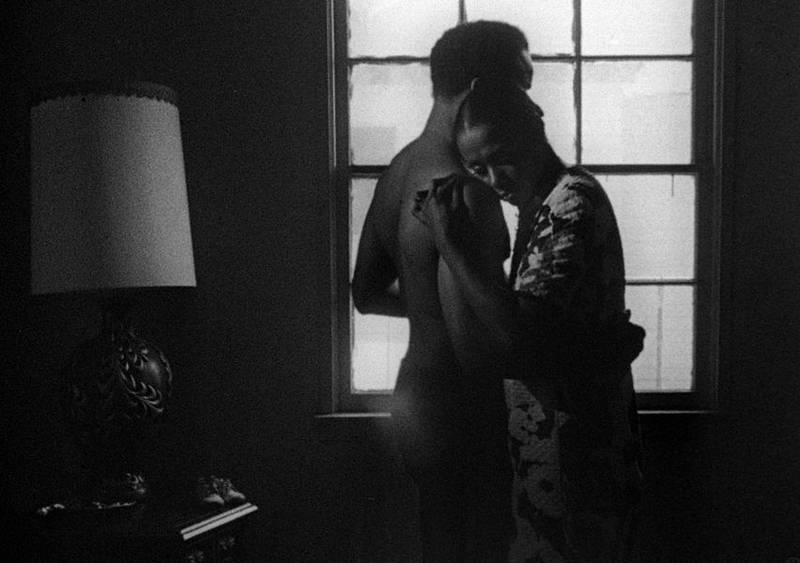Starring: Henry G. Sanders, Kaycee Moore, Charles Bracy and Angela Burnett
Rated: Not Rated Drama
This independent film revolves around the life of Stan (Henry G. Sanders), an African-American who works in a slaughterhouse. Set in the predominantly Black-populated community of Watts in Los Angeles during the mid-1970s, it presents Black life from the vantage of its residents.
A dreamer, Stan is married, though the name of his wife (Kaycee Moore) is never mentioned. They have two children, Stan Jr. (Jack Drummond) and Angela (Angela Burnett). The monotony and long hours of this arduous labor have begun to take its toll. Feeling helpless and, at times, hopeful, he tries to reckon the next step that could be best for himself and his family.
How will Stan find his way … and what does that play out to be, when you are poor, Black and barely getting by?
Praised as “One of the most striking debuts in movie history” by Terrence Rafferty in GQ, Killer of Sheep premiered at the Whitney Museum of American Art in late 1978. Because the writer, producer and director Charles Burnett had not secured the rights for a majority of the tracks of music used in the production of this independent film, it had a very limited theater release.
Burnett, who also completed the cinematography and editing, shot a majority of the film in 1972 and 1973. Because he had to work to support himself and his family, he primarily filmed on the weekends. Including additional footage garnered in 1975, Killer of Sheep was the thesis for Burnett’s Master of Arts degree at the School of Film at the University of California, Los Angeles in 1977.
Filmed on a budget of less than $10,000, much of which were grants, this motion picture has achieved cult status over the years. In 1981, it won the “Critics Award” at the Berlin International Film Festival and was celebrated at the Toronto International Film Festival.
In 1990, Killer of Sheep was placed on the National Film Registry by the Library of Congress because it, according to the federal website, is “culturally, historically or aesthetically significant.”
Almost thirty years later, the rights to the music was secured and the film was restored by preservationist Ross Lipman and produced on DVD by Steven Soderbergh. Transferred from a 16mm to a 35mm print, Killer of Sheep was released in 2007 to critical acclaim. Premiering at the 2007 Berlinale Film Festival, the restored film was repeatedly ranked on “The Top Ten” lists of many critics’ “Best Films of 2007”.
Also in 2007, Killer of Sheep was released on DVD. Among a collection of Charles Burnett’s films packaged as a deluxe box set, it accompanied a director’s cut of My Brother’s Wedding. Also in the set were Several Friends (which preceded Killer of Sheep), The Horse and When It Rains, which film critic Jonathan Rosenbaum championed in The Chicago Reader as “one of the greatest short films of all time.”
Charles Burnett has been highly praised for his groundbreaking work. Rosenbaum heralded him as “the most gifted and important Black filmmaker this country has ever had” and Scott Foundas for LA Weekly lauded, “There may be no better contemporary American filmmaker.”
Killer of Sheep was ranked #26 of the “Greatest American Movies Ever Made” by the BBC in 2015.

